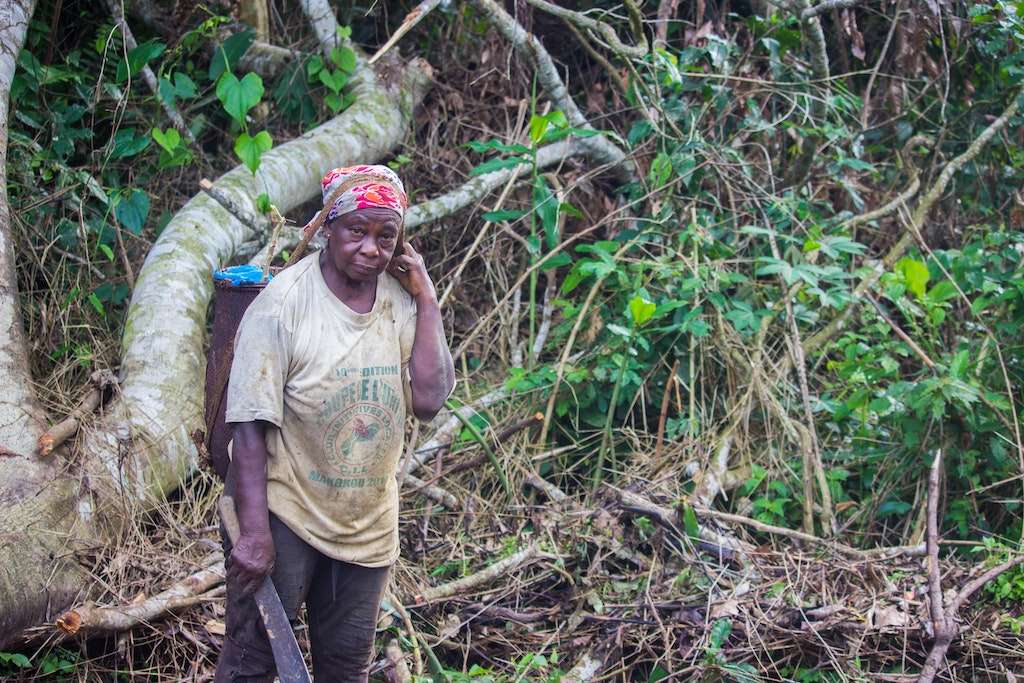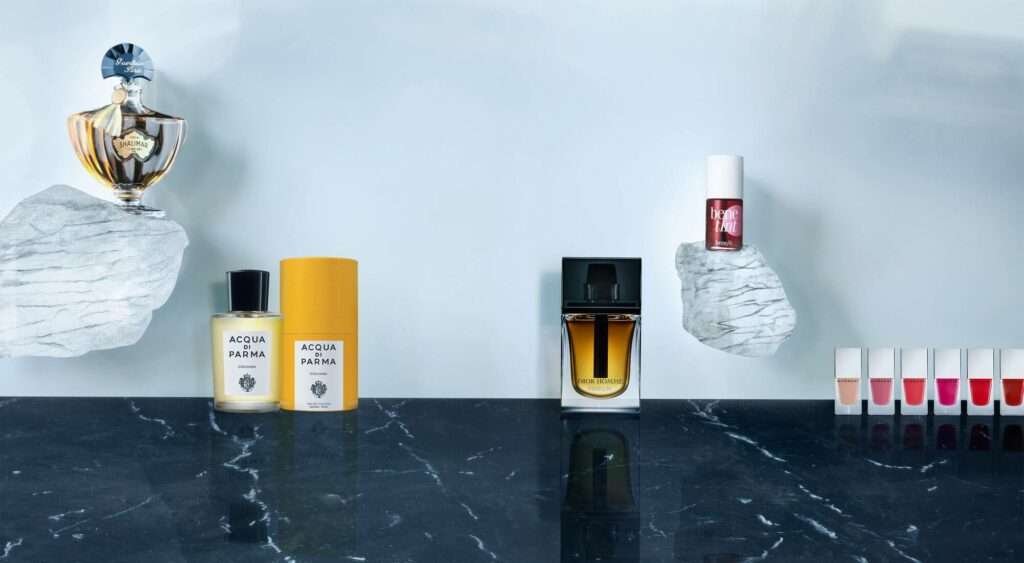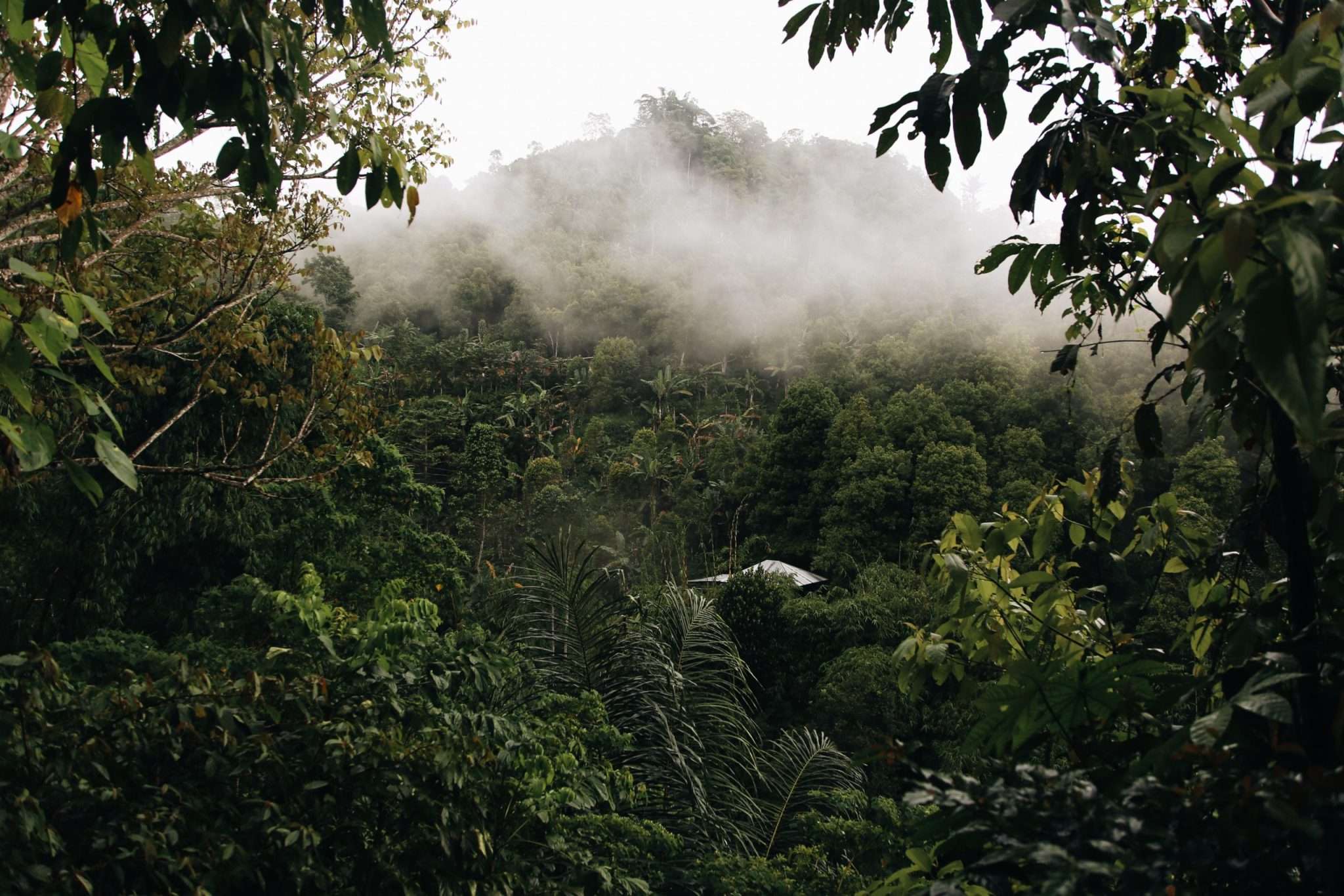LVMH is funding a conservation project aimed at cataloging and protecting African cosmetic plants.
Leading luxury giant LVMH has announced a partnership with the French beauty industry coalition Cosmetic Valley that it chairs, in order to support conservation efforts across West Africa — chiefly the protection of ecosystems that provide key cosmetic ingredients to LVMH brands and the industry at large.
The initiative was announced at the One Forest Summit hosted in Gabon by the French and Gabonese presidents.
Cosmetopoeia
Cosmetic Valley, which was founded in 2005 by a group of French perfume and cosmetics companies, is working to promote a concept it’s dubbed “cosmetopoeia” within the conservation effort. The term is a play on the word pharmacopeia, a book that catalogs a near-complete range of medicines pharmaceutical and natural. The cosmetopoeia effort is aimed at collating natural resources and their traditional uses in self-care and cosmetics.
The effort is bringing in €500,000 to study forest cosmetopoeia in the Congo Basin, with the money going to fund scholarships, internships, doctoral theses, and post-doctoral work.

“Cosmetics are as old as the world,” Marc-Antoine Jamet, LVMH general secretary and president of Cosmetic Valley, told Vogue Business. “They relate to humanity, children or the elderly, women or men, on the whole Earth. They originate in natural resources. Preserving them is an imperative. Knowing their multiple properties is a wealth for all — those who collect and produce as well as those who enjoy their benefits. From there, our aim is to contribute to the constitution of sustainable sectors, respectful of the planet, local traditions and ecosystems, and meeting the needs of our research and of the current cosmetics market.”
Some of the funding will support and preserve ingredients such as the Padouk tree in Gabon that is used in skin masks and traditional cosmetics. The Moabi tree’s seeds are used to make butter also used in cosmetics as well as in cooking, notes Vogue Business.
In a statement, Cosmetic Valley said that “the scientific progress of the 20th century has often left aside traditional knowledge in medicine, as in cosmetics. That this magnificent world cultural and natural heritage is not — or is so little — recorded, becomes a systemic problem. The erosion of [traditional] knowledge could lead to the disappearance of an important part of the common history that unites humans and their environment.”

Cosmetic Valley says Indigenous communities are seeing their traditional practices threatened by climate change and biodiversity loss. “Cosmetopoeia is thus a lever for biodiversity conservation that drives a new dynamic for a better knowledge of the traditional uses of plants,” the group said.
The cosmetopoeia effort would elevate efforts for Indigenous communities, conservation advocates, and other activists who have been calling for the recognition of the rights of Indigenous peoples and local communities in global conservation efforts. Many experts say there can’t be success in these pursuits without the leadership of Indigenous peoples and local communities “and with full recognition of their rights.”
Sustainability at LVMH
The effort also builds on LVMH’s sustainability recent commitments. Though it had lagged behind a number of other luxury brands, its made notable commitments in the last several years. Its Moët Hennessy division recently launched an expansive research facility to study, protect, and adapt growing practices for wine grapes and spirits ingredients.
Late last year, LVMH joined King Charles’ Circular Bioeconomy Alliance — a project aimed at promoting regenerative agriculture. In September 2020, LVMH unveiled its “Life 360” plan to restore biodiversity where it sources and operates. LVMH also says it’s moving to fully sustainable designs across all of its brands by 2030.

The company has set ambitious targets to reduce its greenhouse gas emissions by 25 percent by 2025 and to source 100 percent renewable electricity for all of its sites by 2026.
The move also comes as demand for clean and responsible beauty products reach an all-time high; Sephora and other retailers like Credo Beauty have put a focus on clean and sustainable brands.
In a survey of 10,000 consumers conducted by The NPD Group, 56 percent of respondents said they consider sustainability when making beauty purchases. This trend is particularly pronounced among younger consumers, with 75 percent of Gen Z and 61 percent of millennial respondents saying they consider sustainability when making beauty purchases.
The shift is happening with mainstream brands as well. Unilever, which owns Dove and Axe, has set a goal to become carbon neutral by 2039 and to achieve a deforestation-free supply chain by 2023. L’Oréal has also set targets to reduce its greenhouse gas emissions, water consumption, and waste generation across its brands and facilities. It has also embraced “green science” to bring clean ingredient skincare to the fore.
Related on Ethos:


